University strikes reveal uncertainty over who owns online lectures
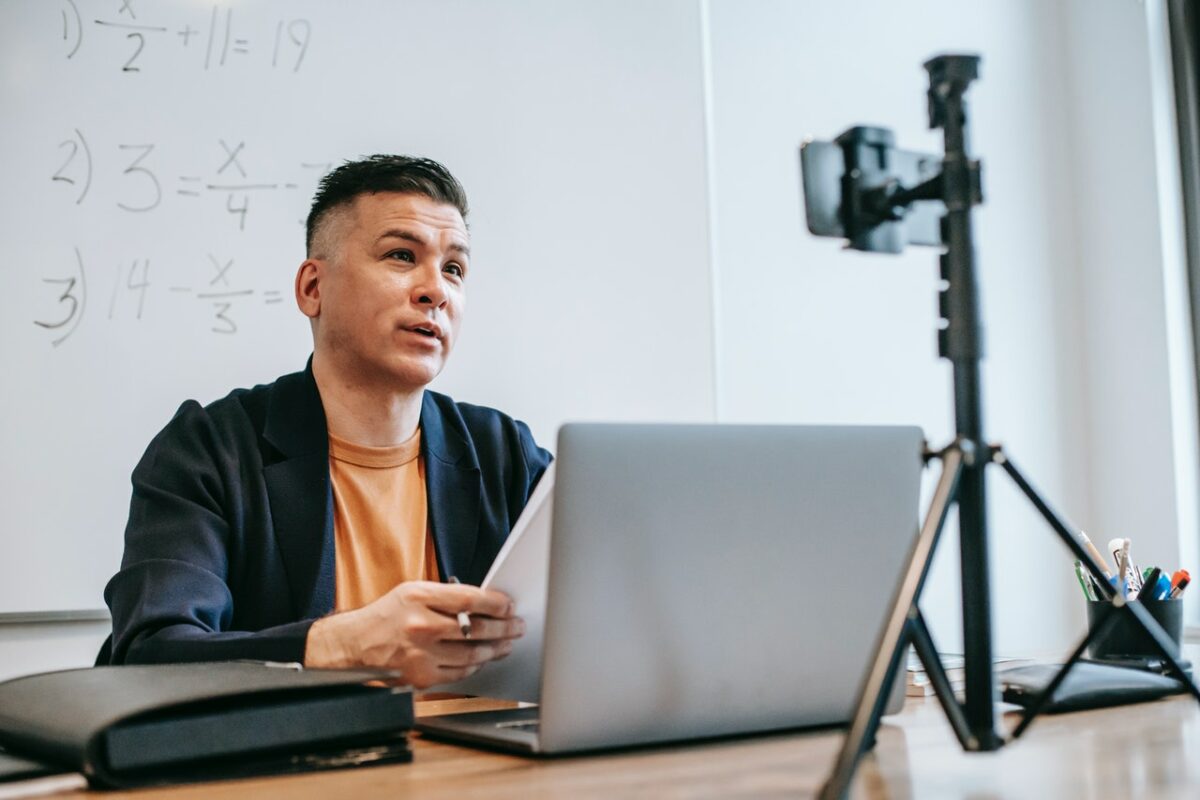
Without appropriate policies and practices in place academics risk becoming ‘low-rent YouTube stars’
As universities gear up for a new round of strikes, taking place from 1 December to 3 December, they may wish to reuse online teaching materials recorded during the pandemic to limit the impact on students.
But a new report from the Higher Education Policy Institute reveals confusion over who owns such recorded material or has the right to disseminate it. It may be the lecturers who prepared and delivered the lectures or the universities that employ them.
Based on interviews with legal experts and those involved with intellectual property (IP) disputes, Who owns online lecture recordings? (HEPI Policy Note 32), by Dr Alexis Brown, explores:
- who legally owns the copyright to recorded lectures;
- who has the licence to use and disseminate these recordings; and
- how university IP policies affect these questions.

Dr Alexis Brown, Director of Policy and Advocacy at HEPI and author of the report, said:
“Universities should think twice before considering reusing old lecture recordings to reduce the impact of the latest wave of strikes. Depending on what was agreed when the lectures were first recorded and their institutional IP policy, it may not be legal for them to do so.
“More broadly, this topic clearly needs more discussion among university staff – many of whom may not know what their institution’s policy is. Given the way the pandemic accelerated online learning in universities, universities may also now need to re-evaluate whether their IP policies are still fit for purpose.
“It would be in everyone’s interests, including the interests of students, to ensure that these policies are developed collaboratively and iteratively as more teaching is delivered digitally. Students would benefit from a greater culture of trust between academics and university management on this issue.”
Christopher Gabbitas, Creative Commercial Solicitor at Keystone Law, said:
“It goes without saying that whenever a musical composition or literary work is reproduced, broadcast or performed, a royalty is due to the copyright-holders in both the underlying composition and the sound recording.
“What is less clear at present is how recorded lectures or presentations ought to be treated. Educational establishments will fall back on the assertion that any content produced by lecturers falls under the “work made for hire” concept and, as such, all IP would reside in the employers ownership under the terms of their employment contract.
“However, by viewing lectures as “content creation” or “thought leadership”, there is an argument that there is a fundamental creative element to each filmed lecture which goes beyond the usual provision of education. This may put the lecturer in the position of being a de facto “producer” of any recordings made (whether audio or visual) and consequently giving rise to copyright ownership, moral rights and a claim against the value being derived by the university from any re-use of a recording.”
High-profile cases from abroad have highlighted the risks of reusing lecture recordings – for instance, when a student at Concordia University, Canada went to email his professor only to find that he had died two years previously.
Jenny Lennox, Bargaining and Negotiations Official at the University and College Union, which has called the strikes, told HEPI that some university IP policies developed prior to the pandemic now constitute a ‘massive rights grab’ as staff are performing additional labour to record their materials without any right of ownership.
Meanwhile Dr Matt Fisher, Senior Lecturer at the Faculty of Laws at UCL, warned that without appropriate policies and practices in place academics risk becoming ‘low-rent YouTube stars’.
The new report finds that:
- According to legal precedent, copyright for online teaching materials is likely to rest with lecturers in the first instance. However, because the licence to use can be implied, whether universities have licence to reuse lecture recordings may depend on what was agreed (explicitly or implicitly) when those recordings were first produced. This could even mean going back through emails to see what was communicated to staff when those recordings were first produced.
- Many universities’ IP policies claim ownership and/or licensing rights over the online teaching materials that their staff develop. However, because of the increased breadth of online materials created throughout the pandemic, and the increasing prevalence of online teaching more generally, universities should revisit these IP policies to consider whether they are still fit for purpose. University IP policies should be developed iteratively and in collaboration with both students and staff to ensure these policies reflect the needs of all involved.
- Lecturers should familiarise themselves with their university’s existing IP policies. Lecturers who are concerned or unclear about how their materials could be used may consider drawing more explicitly on their research in their lectures to strengthen their IP claim over these teaching materials, as many university policies waive IP claims over research outputs produced by staff. Lecturers may also consider removing access to their materials from virtual learning environments at the end of term to hinder their reuse.
The digital landscape continues to reshape university teaching
While lecture recordings have become standard practice in UK universities, there is still significant ambiguity over how and when these recordings can be used.
In part, Fisher says, this is because academic practice has not kept pace with technological changes in pedagogy; actors, for instance, charge higher fees when they know their performances are being recorded, precisely because of the issues discussed in this piece – but what is the equivalent practice for academics?
Without appropriate policies and practices in place, academics may essentially become ‘low-rent YouTube stars’, in Fisher’s words.
Legal precedent suggests that, despite the CPDA, copyright for lecture materials likely still rests with the academic who created them. Things are murkier for licensing and may well come down to what was either agreed or implied in emails.
University IP policies often make claims to ownership of lecture materials, but these can be objected to on several fronts if they are for example too vague or present an affront to academic freedom.
These policies remain a point of negotiation and tension in universities across the country, as policy struggles to keep pace with online teaching’s increasing prevalence.
GDPR issues are of particular concern when students are involved in recordings – but less so when the academic’s presence is the only one involved.
Recommendations
Three recommendations emerge from these conclusions:
- University management and lecturers should be explicit about when and for what purposes any teaching materials may be used, ideally in writing.
- University IP policies should be developed iteratively and in collaboration with both staff and students to ensure that these policies reflect the needs of all involved. Because of the increased breadth of online materials created throughout the pandemic, and the increasing prevalence of online teaching more generally, universities without explicit IP policies should develop them, and those who have policies already should revisit their policies to consider whether they are still fit for purpose.
- Lecturers should familiarise themselves with their university’s existing IP policies. Lecturers who are concerned or unclear about how their materials could be used may consider drawing more explicitly on their research in their lectures to strengthen their IP claim over these teaching materials, as many university policies waive IP claims over research outputs produced by staff. Lecturers may also consider removing access to their materials from virtual learning environments at the end of term to hinder their reuse.
More work in this field is needed, particularly around employment and data protection law, to explore the issues at stake here.
But more conversation between staff, students and university management is clearly needed on this issue too as the digital landscape continues to reshape university teaching.


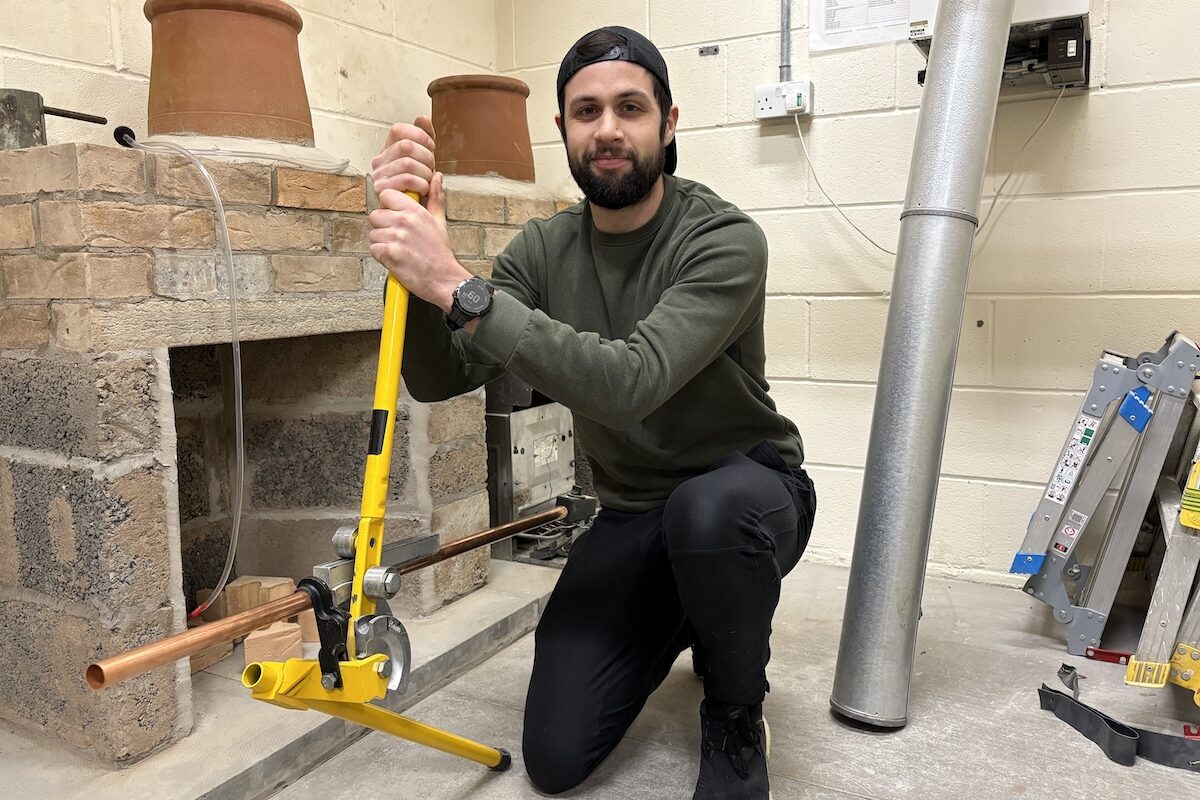

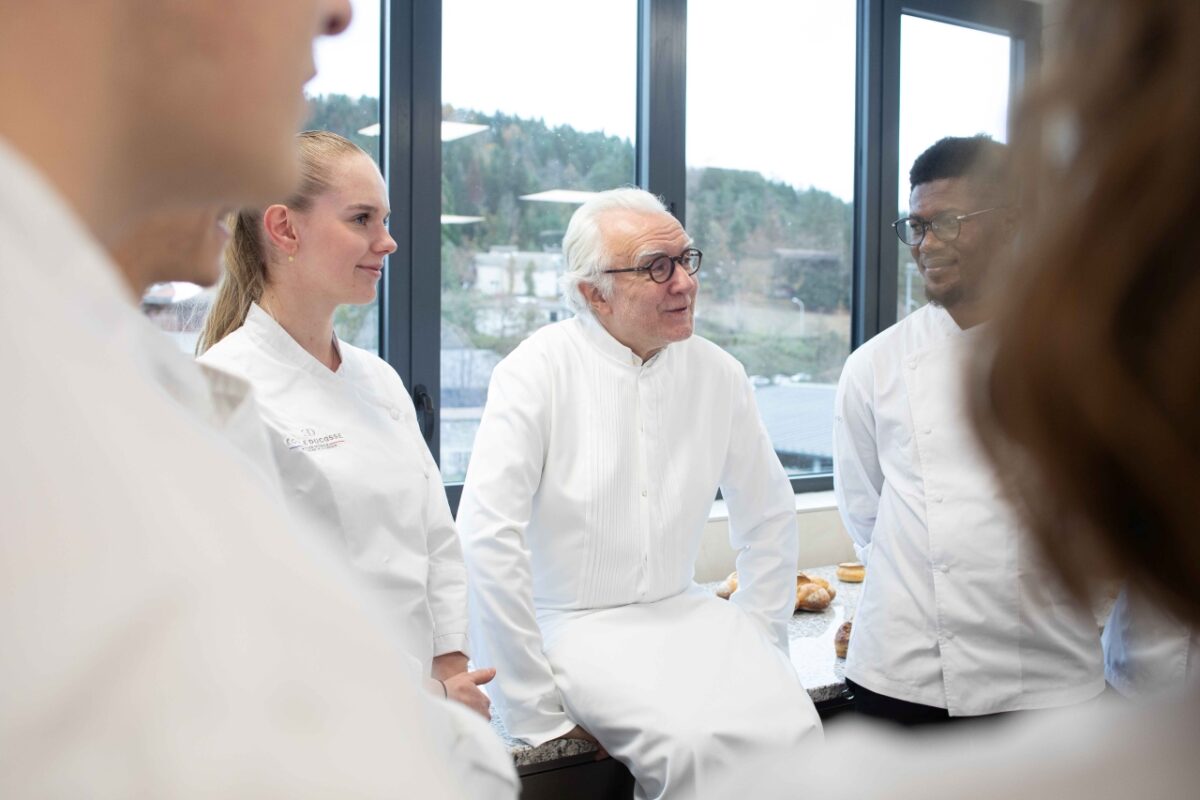

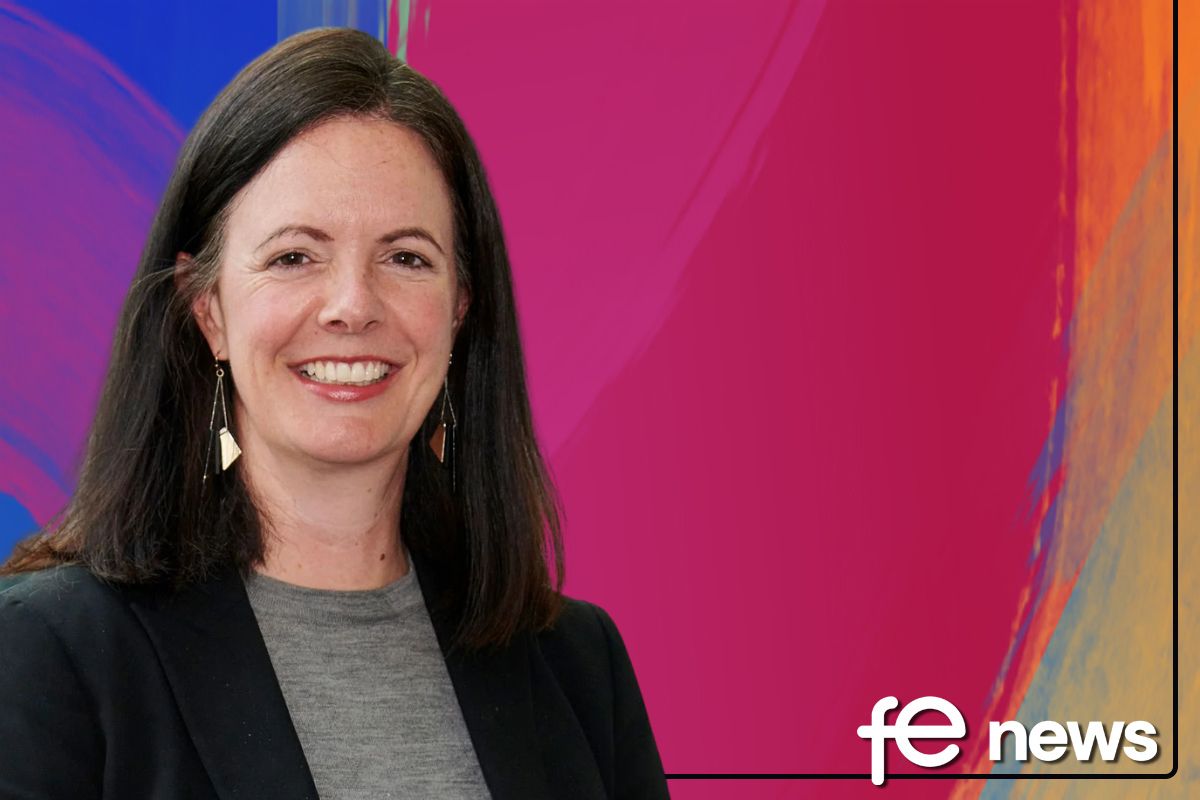

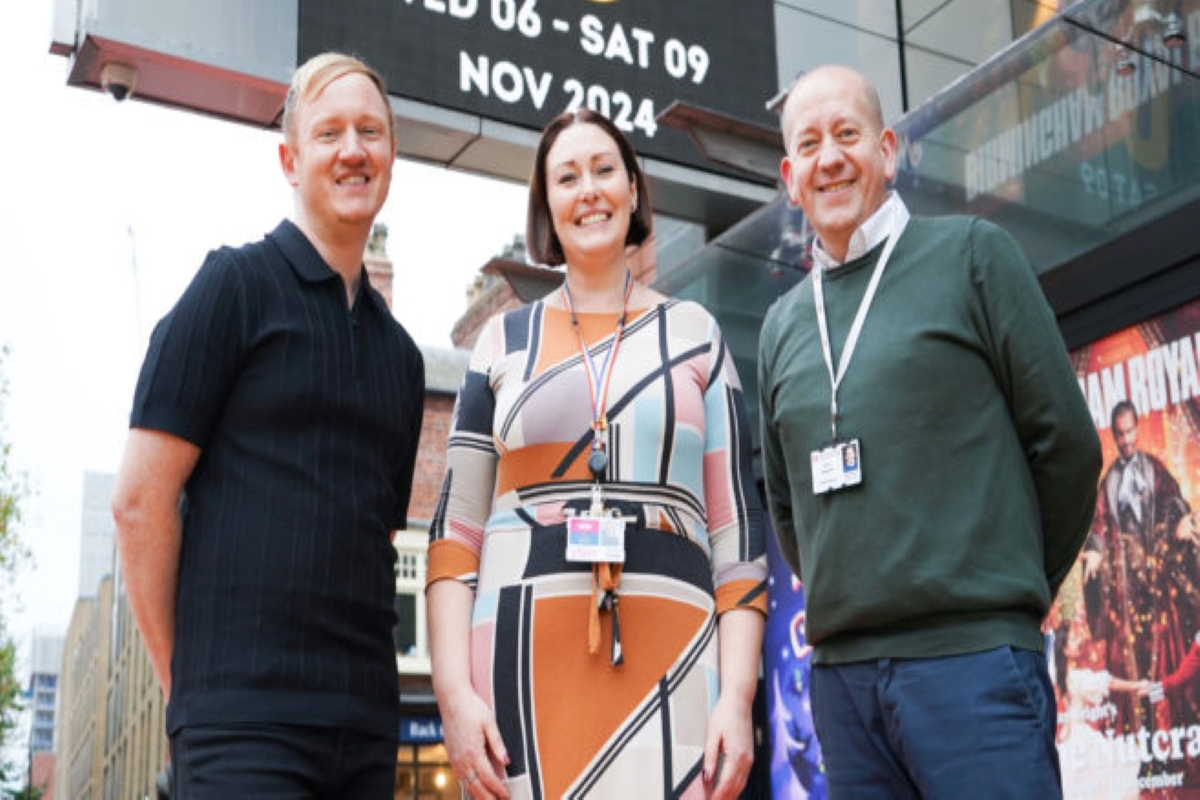
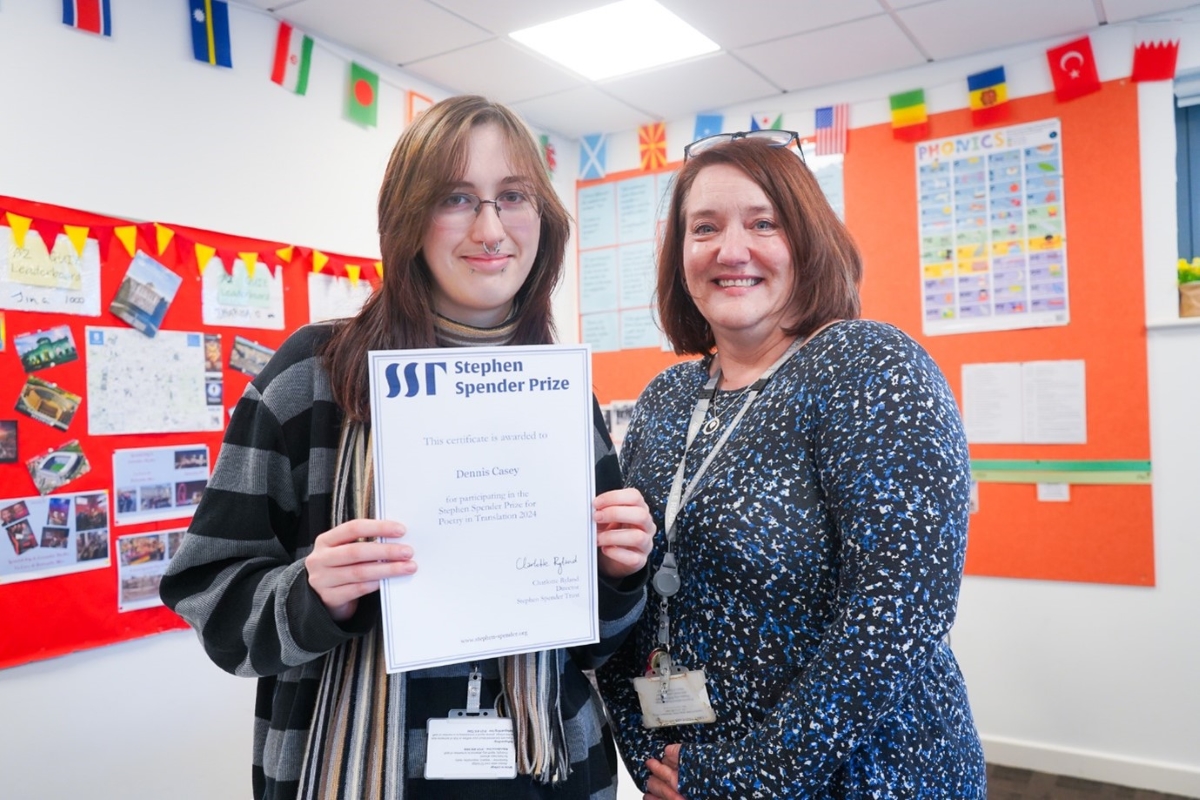

Responses